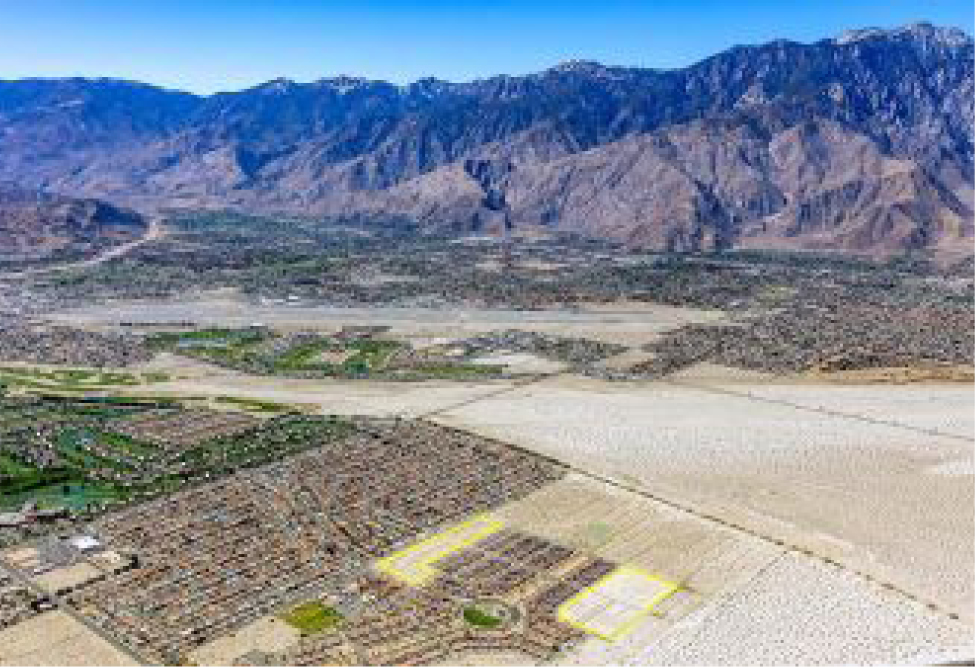
A Scottsdale-based international real estate asset management company that owns 81,000 acres nationwide is making a big play for the wildly popular build-to-rent home market. Walton Global Holdings — which last year moved its headquarters to Scottsdale from Calgary, Canada, where it was founded more than 40 years ago — is launching a build-to-rent, or BTR, line of business to develop 2,500 single-family rental units across the country, including metro Phoenix.
With so much of its own land on hand, the company is in a position to bring single-family rentals to market faster than other homebuilders that are still trying to find land said Paul Megler, executive vice president of Walton Global Holdings. Megler is in talks with various homebuilders, apartment developers and others in the business to create joint ventures to develop these communities. Of the 81,000 acres across the U.S., about 9,000 acres are in the Valley, he said.
First up: Buckeye, Coolidge
Plans call for starting with a 597-acre parcel in Buckeye and an 802-acre parcel in Coolidge that would be developed in partnership to bring 2,500 homes to Buckeye and another 3,000 homes to Coolidge. Those homes would be built in new master-planned communities that would feature a community of single-family detached homes for sale and a separate community of single-family detached homes for rent.
Each of those communities are estimated at about $50 million in total development costs. Financing for those first two metro Phoenix projects would come from a mix of debt and equity, Megler said.
“We own 200 master plans cross the country,” he said. “For our first wave of build-to-rent, we have identified 17 to put our rental housing. We expect houses to be coming out of the ground anywhere from 2.5 to 3.5 years to finish these projects, depending on individual locations.”
Those 17 master-planned communities identified for the first round of BTR projects are in Phoenix; Denver; Austin and Dallas; Atlanta; Jacksonville, Florida; Charlotte, North Carolina; Washington, D.C.; and Nashville.
“The key is we have the land already,” he said. “We don’t have to get into a dog fight over trying to find a piece of land to put it there.” Thomas Brophy, research director for Colliers International, said the BTR asset class accounts for about 20% of all units under construction in metro Phoenix. “Nationwide, so far in 2021 alone, over $30 billion in investor capital allocation announcements have been made within the single-family/BTR asset sphere,” Brophy said. “What makes the Walton announcement unique is that they are an institutional land holder with many shovel ready properties and have the ability to execute their strategy quickly. Given significant, sustained demand the asset class has witnessed over the last several years would suggest that we are only in the beginning phases for the maturation of this asset class.”
Getting a head start
Walton’s transition into the BTR space further solidifies the conversation that this asset class is here to stay, said Steven Hensley, advisory manager for Zonda, a Newport Beach, California-based housing market research firm. “With the land portfolio that Walton has, it gives them a head start in this competitive space as they will be able to put some of that land to work immediately.” Megler said it’s too soon to determine the exact design of these BTR communities. Some might be on smaller 4,000-square-foot traditional single-family home lots with homes ranging from 1,700 to 2,000 square feet in a highly amenitized community that would have a property management company handling all their needs, from fixing a plumbing issue to maintaining the landscaping.
Others might be similar to what Phoenix renters have come to know, made popular by Mesa-based Christopher Todd Communities and Phoenix-based NexMetro Communities, where the communities are more dense — units are closer to each other but still detached — and feature rich amenities, such as a clubhouse, fitness center, pool and other outdoor amenities.



